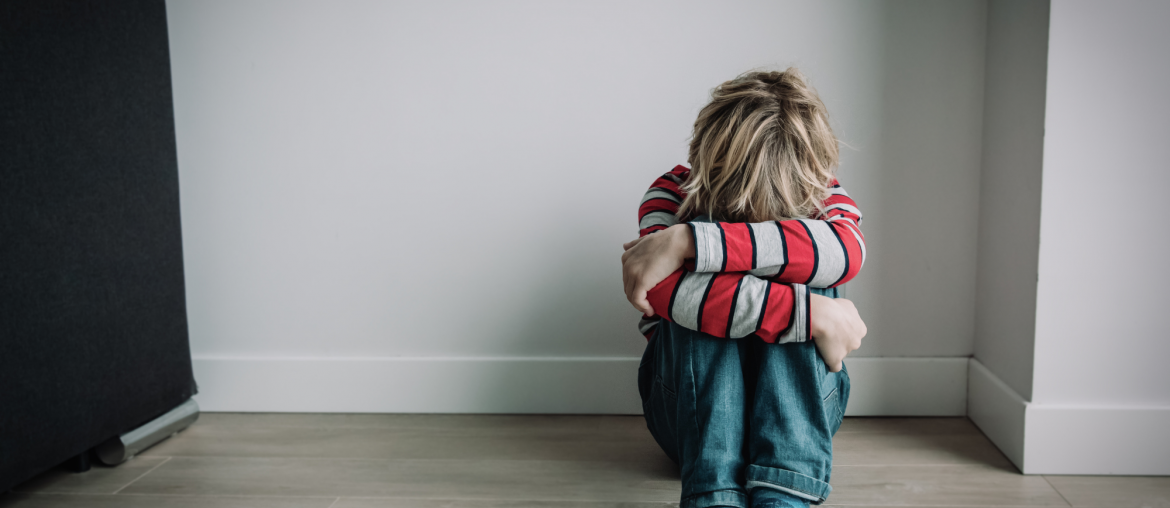September’s here, and the summer holiday adventures are now just distant memories. Our social media timelines are full of children standing in front of front doors or fireplaces, awkwardly posing for those infamous back to school photographs that will come back to haunt them one day.
Yes, it’s the start of the new academic year.
For the majority of children, going back to school – or starting school for the first time – can be a time of great adventure. New places to explore, new teachers to meet, new subjects to learn, new friendships to be formed. But for others, it can be a time of extreme stress and upset.
Children can often try to mask their true feelings, so would you know what to look for if your child was experiencing back-to-school anxiety? Here are nine things to look for that may indicate that your child isn’t coping with school as much as they’re letting on.
Clingy behaviour
They may be experiencing some kind of separation anxiety, although they won’t necessarily tell you this outright.
Tummy aches and headaches
Don’t assume that these ailments are fake – anxiety can lead to physical ailments so talk to your child and find out as much as you can as to what may be causing the tummy aches and headaches.
Sleep issues
Trouble getting to sleep, or trouble staying asleep may be an indicator of anxiety. For older children, do you ever see their light on in the middle of the night, possibly doing something on their tablet.
Oversleeping is another thing to look out for as this could be a sign that all is not right.
Changes to eating patterns
Under, or overeating are not uncommon in children. Anxiety can affect appetite – nobody wants to eat when their stomach is churning. Similarly, binge eating can occur as a means of escape.
Lack of concentration
Depression and anxiety can lead to lack of focus, forgetfulness, and the inability to cope with the everyday. Be patient and try to take a closer look at why they might be behaving in this way.
Constantly Tired
Not to be confused with sleep issues, anxiety and depression can really drain our energy levels, leading to unexplained tiredness.
Lack of confidence
Not wanting to try anything new, always apologising, and being self-deprecating are all signs of depression in children.
Losing interest in things that used to be fun
Withdrawing from friends or hobbies that used to occupy a large portion of your child’s time can be another sign that all is not well. Yes, some children just go off things, but if this seems really out of character, there could be more to it.
Irritable and grumpy
Tantrums, rule-breaking and pushing the boundaries are often a child’s cry for help. It can be difficult for children to open up about their feelings so this type of behaviour can be a way of signposting the parent that deeper feelings are at work.
When it comes to dealing with back to school anxiety issues, routine can be your best friend. Make time for family meals, relaxation time, play time, and homework time. Planning after-school activities with your child can work wonders, but only on the proviso that they go to school in the first place. Be patient, try to talk to your child but don’t push them. It may also be possible to talk to other parents, or teachers, to see how your child is behaving when you’re out of sight.
The Wellbeing Crew work with schools throughout Staffordshire and the West Midlands to help students transition into new schools or new school years. We also have a range of workshops designed to help students of all ages cope with the everyday stresses of modern life, including reflection, chill skills and our popular 7 stages of relaxation sessions. If we can help you in any way, please don’t hesitate to get in touch.




